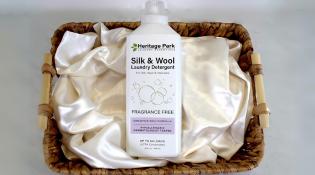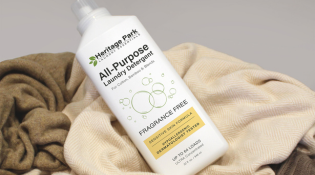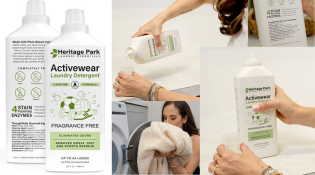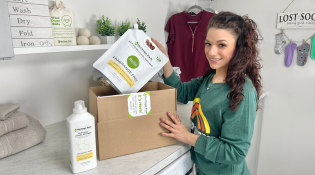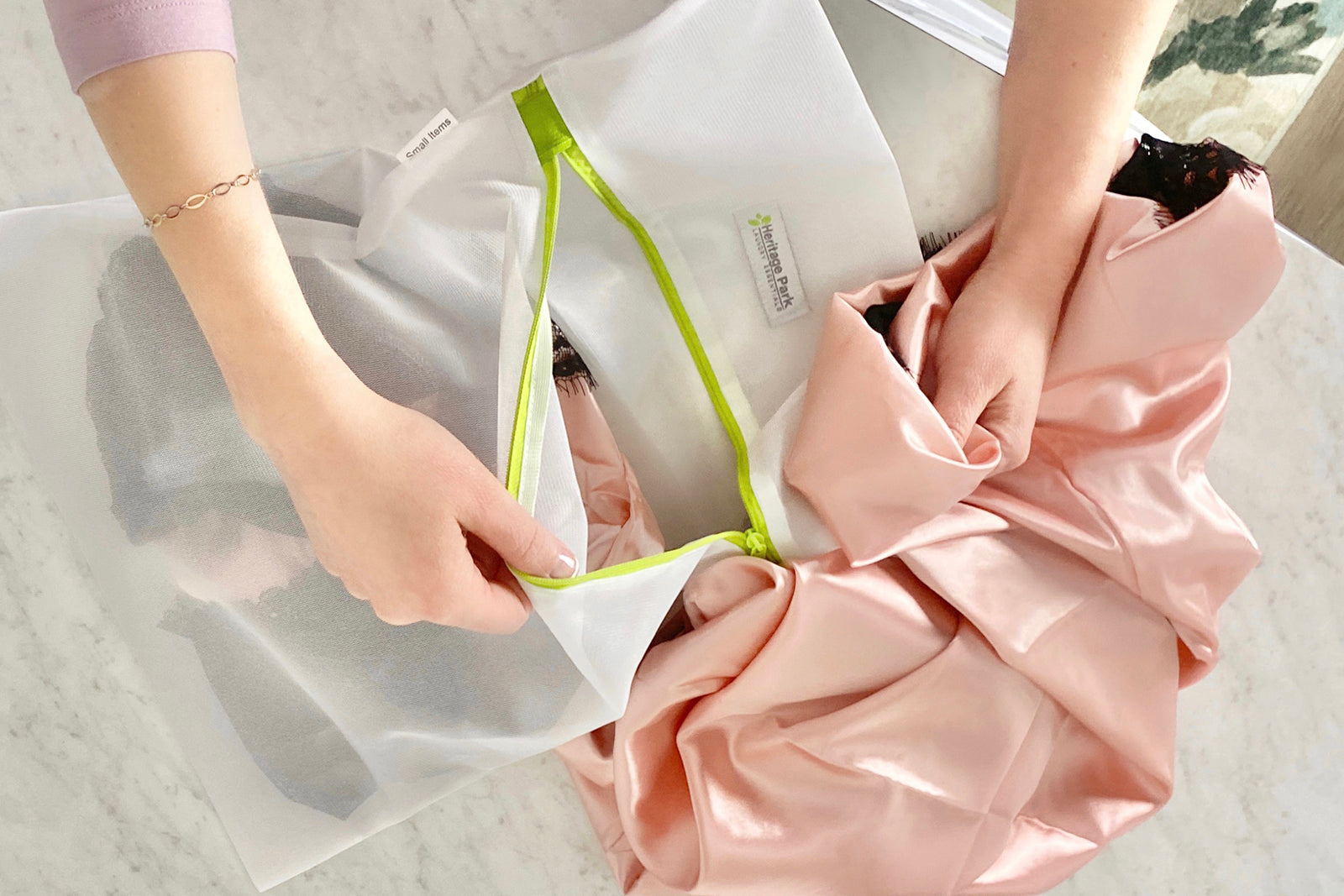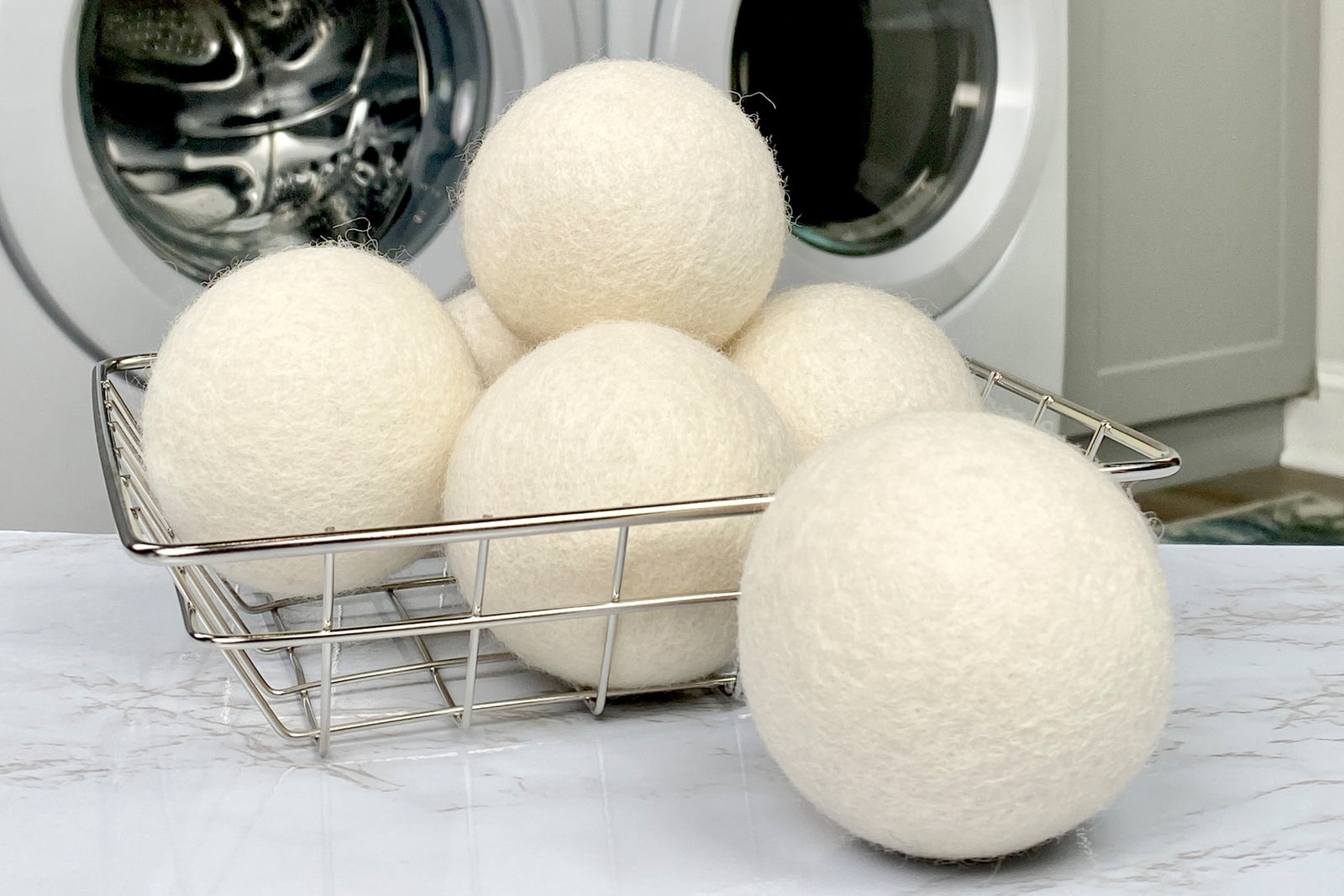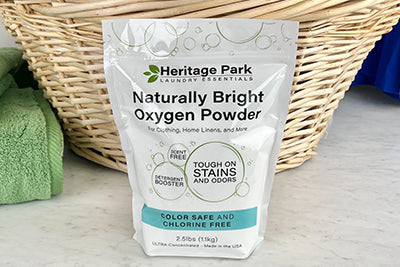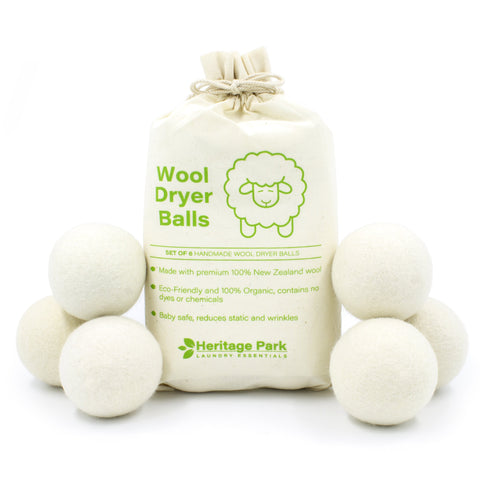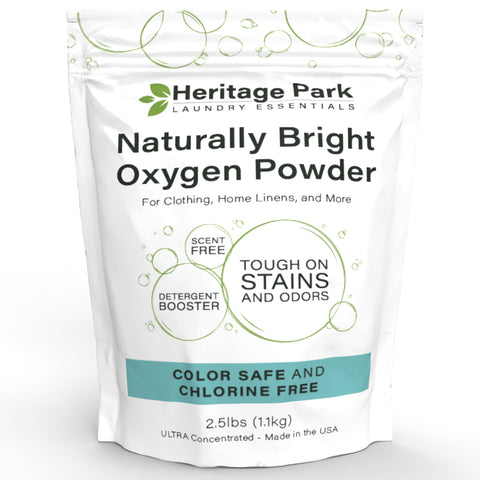This article discusses several ways you may be unknowingly ruining your good bed sheets and offers suggestions for replacing those bad habits.
Key Takeaways
|
Luxury bed sheets are so much more than just a place to rest your head and body. They're an investment in quality sleep, comfort, and beauty. At Heritage Park, we think slipping into a bed made up with soft, high-quality sheets is one of life’s essential pleasures.
But what makes bed linen truly "luxury"? (Hint: it's not only the price tag). Thread count is one commonly used measure of luxury. However, the quality of the material (or fiber) matters just as much. The world's finest bed sheets are typically crafted from premium materials like long-staple or extra-long-staple Egyptian or Supima cotton. They may also be made of cotton/synthetic blends or other premium materials like eco-friendly bamboo, modal, linen, or silk. Luxury cotton sheets are the most popular for their unique balance of breathability, softness, and easy care. You’ll find them in various weaves, including crisp, cool percale; silky-smooth sateen; and cozy, warm flannel, among others. But do you know how to wash sheets to keep them beautiful and luxurious?

Sidestep These Habits to Save Your Sheets
High-quality bed sheets are made to last, but they will maintain their look and feel best with proper care. Unfortunately, you might be unknowingly sabotaging your high-end bed linen through common laundry mistakes. Let's explore seven habits that ruin bed sheets and how to correct them, ensuring your investment in quality sleep lasts for years to come.
1. Washing Sheets with Other Laundry
Your luxury bed sheets deserve special treatment, starting with how you sort them for washing.
The Mistake: Mixing sheets with other laundry like clothes or towels.
The Fix: Create a dedicated "sheet only" load. Remember to wash your flat sheet, fitted sheet, and pillowcases together to maintain consistency and brightness. If you sleep on top of a fitted sheet and directly under a comforter or duvet, wash the flat sheet at the same time as your fitted sheet and comforter to ensure consistent color and wear. Never launder your bed linen with heavy items like your mattress pad; different weight fabrics like bath towels; items containing polyester; items made of heavy materials, or garments with rivets, buttons, zippers, or other adornments that can damage fibers and fabric.

2. Using Harsh Detergents
The detergent you use can significantly impact the performance and lifespan of your bed sheet set.
The Mistake: Using any standard laundry detergent without considering its impact on high-quality fabrics.
The Fix: Use a gentle detergent specifically designed for delicate fabrics. For cotton, bamboo, microfiber and blended material sheets and bedding, we recommend our original formula Heritage Park All-Purpose Laundry Detergent. This all-purpose gentle detergent is a pH neutral formula specially made with powerful enzymes that will clean and remove tough stains without damaging the fabric. It's concentrated, so a little is all you need to keep your linens clean and looking beautiful.
Silk sheets are a natural fiber and require different care. For silk, wool, cashmere, and other similar fabrics, our Silk and Wool Laundry Detergent is specially formulated without enzymes that can damage these types of materials. For this mild detergent, we've replaced the enzymes with cleaning ingredients meant for protein-based fabrics to keep your items looking and feeling amazing.
3. Using Fabric Softener (or Dryer Sheets)
While it might seem counterintuitive, fabric softener and dryer sheets are detrimental to your sheets.
The Mistake: Adding fabric softener to every wash or using dryer sheets.
The Fix: Skip fabric softener altogether and dryer sheets altogether. Here's why, instead, use organic wool dryer balls in the drying cycle to naturally soften sheets and speed drying time.
4. Bleaching White Sheets
Chlorine bleach might seem like a quick fix for dingy white sheets, but it's a common mistake that can ruin your bed linen.
The Mistake: Using bleach to keep sheets white (it can actually cause them to yellow).
The Fix: Instead of bleach, try an oxygen-based whitener like our Naturally Bright Oxygen Powder; just add a scoop to the wash cycle to oxygen-based whiteners or use the power of sunlight. Hang your white sheets outside on a sunny day – the UV rays naturally bleach and disinfect. (Note: never hang silk sheets in direct sunlight because the protein-based fabric will fade in the sun).
5. Ignoring Care Labels
Each type of sheet fabric has specific care requirements and washing instructions.
The Mistake: Washing all sheets using the same settings, regardless of fabric type.
The Fix: Always check the care label and follow care instructions. Cotton sheets can typically handle warmer temperatures, while silk sheets or those with delicate embroidery may require cold water and a gentle cycle.

6. Overwashing or Underwashing
Finding the right washing frequency is crucial for maintaining your sheets.
The Mistake: Washing bed sheets too frequently or not often enough.
The Fix: Aim to wash sheets once a week. Regular washing of sheets helps remove dust mites, sweat, and skin cells without over-stressing the fabric. If you tend to sleep hot or live in a warm climate, you might need to wash more frequently.
7. Drying (or Ironing) With Too Much Heat
How you dry your sheets is just as important as how you wash them.
The Mistake: Overheating sheets in the dryer or using too hot of an iron.
The Fix: Dry sheets on medium heat and remove sheets from the dryer while they're still slightly damp to prevent wrinkles and damage from over-drying. As we noted above, using wool dryer balls can speed drying time and soften sheets. Line dry your sheets when possible; it is gentler on the fabric and gives them a fresh, outdoorsy scent. Also be careful if you iron; for crisp sheets, iron them while they're slightly damp using a medium-hot iron. This is especially effective for linen sheets.
Bonus Tips for Luxurious Sheet Care
Along with avoiding the bad laundry habits above, here are some best practices to put in place when caring for your sheets:
-
Give your new sheets a first wash. When you unbox your linens, read and follow the care directions. Always wash new sheets before using them for the first time. Fine fabrics are generally not pre-washed, so this initial wash is important for setting the threads, preserving the fabric's beauty, and prolonging its life. Be sure to fully unfold items, set the machine to include a cold pre-soak, and use minimal liquid detergent. Hang dry or tumble dry on low heat. Remember that natural fibers will wrinkle and ironing may be required, depending upon your preferences.
-
Protect your sheets with bedding essentials.Use pillow protectors and a mattress protector to keep your sheets cleaner for longer and to minimize wear and tear
-
Address stains promptly. Treat stains as soon as they happen. Our gentle stain remover is perfect for spot cleaning without damaging delicate fibers.
-
Store sheets properly and rotate them regularly. Erika Smith, Brand Manager at luxury linen retailer, Fine Linen and Bath, says, “Always store sheets in a linen closet or other cool, dry place to protect them from mold, dust mites, and heat damage. Rotating among two or three sets of sheets will also extend their life while ensuring even wear.”
By avoiding these common cleaning mistakes and following our care tips, you'll ensure that the comfort, feel, and beauty of your bed linen will endure over time. And remember: while high-quality sheets are an investment, proper sheet care is a necessity, not a luxury. With that in mind, Heritage Park offers the products and accessories you need to deliver the very best care to your luxury bed linen. As always, feel free to contact our team with any questions you have about laundry or our products. We are here to help! Until then, sweet dreams!
Frequently Asked Questions
How do you wash sheets without ruining them?
Follow care guidelines and, in general, wash sheets in a separate load using a gentle detergent made for fine fabric. Hang to dry or tumble dry on low.
How can I make my bed sheets last longer?
Using a gentle detergent that is made to clean and care for fine fabric like Heritage Park All-Purpose will go a long way toward making your bed sheets last longer. Also avoid harsh cleaners; bleach, fabric softener and dryer sheets; and exposing your sheets to too much heat.
How to avoid sheet pilling?
Purchasing high-quality sheets made with long-staple or extra-long-staple cotton will go a long way to avoiding sheet pilling. Additionally, you can preserve the integrity of sheet fabric by using a gentle detergent made for fine home linens; washing on a normal cycle; and avoiding high heat in the dryer.
How do you keep sheets fresh after washing?
Launder sheets regularly to maintain freshness after washing.
How do you keep sheets soft when washing?
Never use fabric softener or dryer sheets. Instead, use all-natural, organic felted wool dryer balls. These naturally soften sheets and shorten drying time.
What is the best setting to wash bed sheets?
A normal or regular setting should be fine for most sheets. Use a gentle setting for any sheets with lacework or delicate embroidery. You can also place these delicate sheets in a fine mesh bag to protect them in the wash.
How to keep sheets from twisting in the washer?
Do not overload your washing machine. This will help keep sheets from twisting in the washer. For the dryer, use a set of wool dryer balls which will allow air to circulate and help prevent twisting.
Is it better to wash sheets hot or cold?
Warm water is best for sheets, as it will remove the sweat, body oils, and particulate matter like dust mites more effectively than cold. Hot water may be too harsh on delicate fabric but can be used on occasion if needed to sanitize.
Is it OK to wash sheets with clothes?
For the longevity of your sheets, we recommend washing sheets in a dedicated load for efficiency and because clothing can cause damage to sheets (buttons, zippers, snaps, or other adornments).


